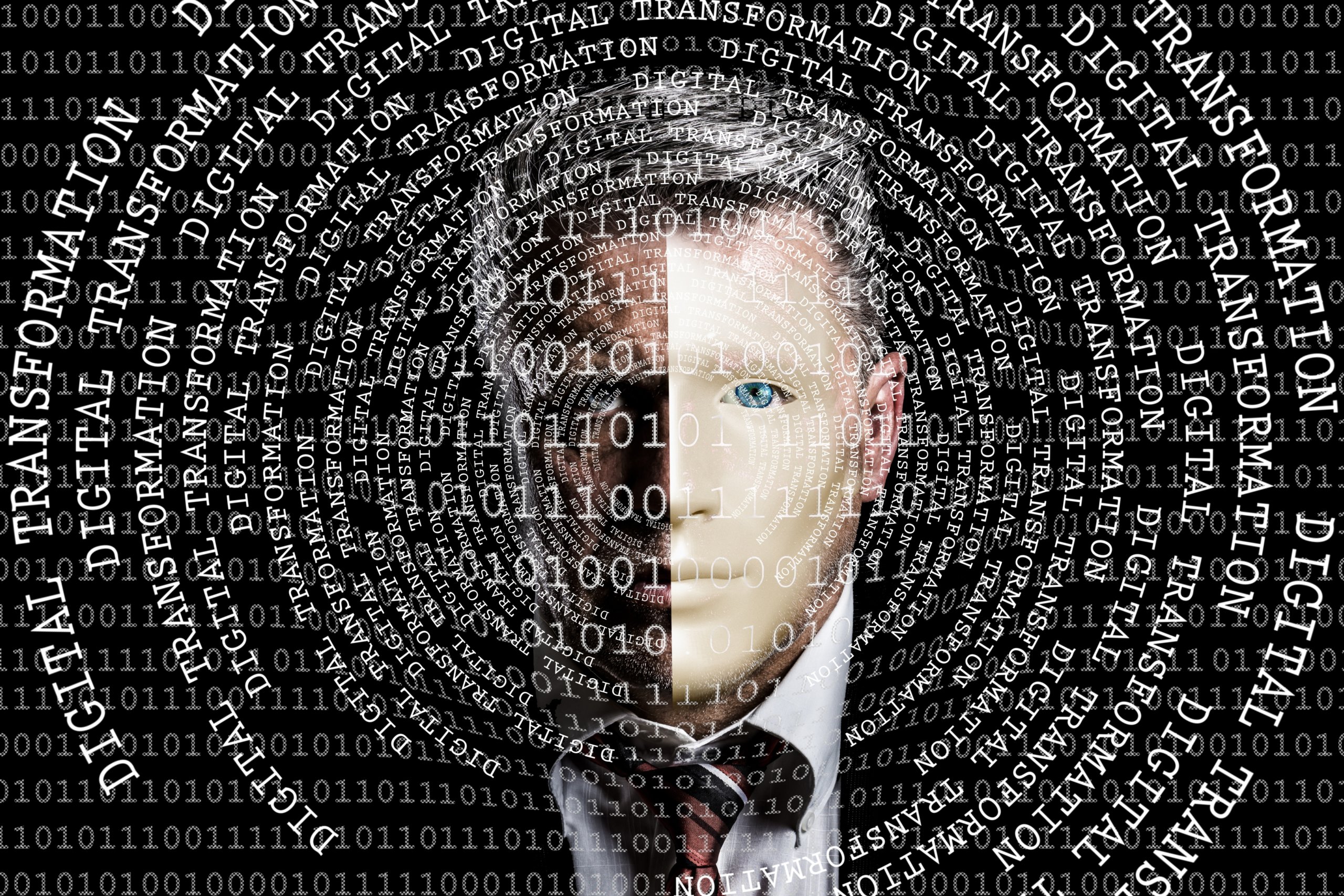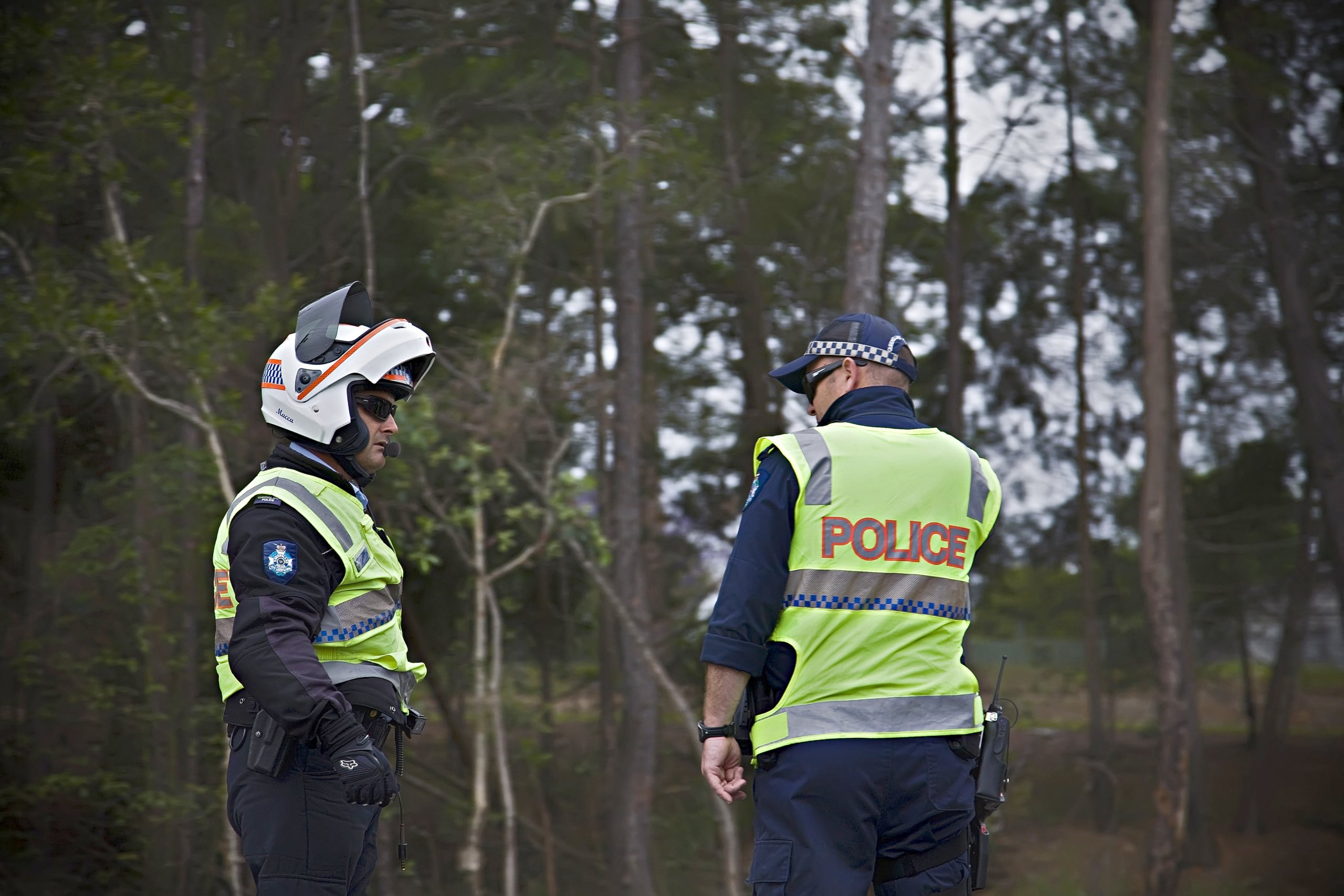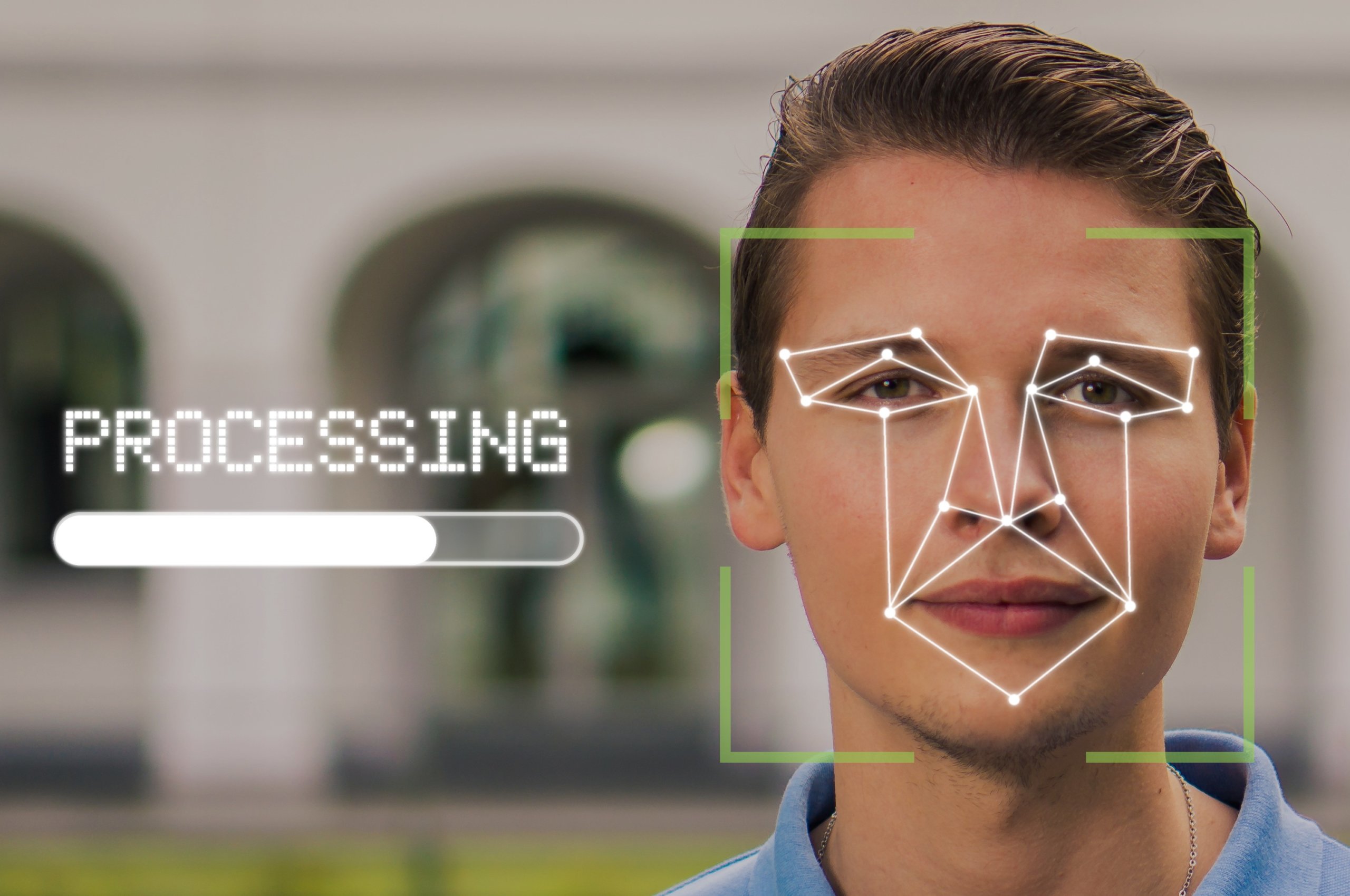
Would you feel comfortable if a stranger could snap your picture and identify you with an app? The rapid development of artificial intelligence (AI) has yielded both amazing and terrifying technological capabilities. And a mobile app from a startup known as Clearview AI precariously straddles the line between these two sides.
Using facial recognition, Clearview AI’s app allows police to identify crime perpetrators and victims. But long before it became a law enforcement tool, this technology was being freely used by investors and friends of the company in myriad ways, such as spying on the public.
Security Surveillance or Privacy Invasion?
Billionaire John Catsimatidis is the owner and CEO of Gristedes, the largest grocery store chain in Manhattan. While having dinner at an upscale Italian restaurant in October 2018, he saw his daughter, Andrea, walk in on a date with a man he didn’t recognize.
After having his waiter sneak a photo of the pair, Catsimatidis uploaded it to the Clearview AI app on his phone. With a database of billions of photos scraped from social media platforms like LinkedIn, Twitter, and Facebook, the app was able to put a name to the mystery man’s face within seconds. Soon, Catsimatidis was browsing through a gallery of images of his daughter’s date, who happened to be a venture capitalist from San Francisco. “I wanted to make sure he wasn’t a charlatan,” Catsimatidis later explained.
Mr. Catsimatidis learned of Clearview AI from his friend Richard Schwartz, a politician and co-founder of the company. Soon after, he employed the startup’s technology in one of his supermarkets to identify shoplifters. He says, “People were stealing our Häagen-Dazs. It was a big problem.”

But Catsimatidis wasn’t the only one running early trials with Clearview’s surveillance system. A few months ago, BuzzFeed News reported that the NBA, Walmart, Macy’s, Best Buy, ICE, and more than 2,200 law enforcement agencies had also been using Clearview AI to flag risky individuals
Backlash Against the Breakthrough Facial Recognition Tech
Clearview AI was relatively obscure until The New York Times broke news in January this year that hundreds of law enforcement institutions were using its technology. After this, the backlash grew fast. Lawsuits were filed in Virginia and Illinois. New Jersey’s attorney general issued a moratorium against the app. Google, Facebook, and many other tech titans sent cease-and-desist letters.
After all of these negative reactions, Clearview published a code of conduct and stated that its technology was only available to select law enforcement agencies and security professionals for use as an investigative tool. The company also claimed to have built-in safeguards to ensure that its app was being used properly.
But in spite of Clearview’s PR disaster management attempts, things only got worse. The Times identified numerous individuals not involved with law enforcement who had active access to the startup’s technology. The publication also reported that Clearview’s app was freely used by its investors, clients, and friends for more than a year before the company garnered all of this public scrutiny.
In response, Clearview’s co-founder and CEO Hoan Ton-That stated, “As part of the ordinary course of due diligence, we provided trial accounts to potential and current investors, and other strategic partners, so they could test the technology.”
“Testing” of Clearview’s Technology
While Clearview worked out the machine learning and AI behind its facial recognition service in 2017, Ton-That and Schwartz were uncertain about who would want to use it. So they appealed to a variety of potential clients such as banks, retailers, and real estate firms. Simultaneously, they sought outside investments.
Many of the individuals that the startup courted ended up receiving personal logins to the app. Not long after, they were showing off its capabilities on dates, at parties, and during business gatherings by identifying people they didn’t know.
In July 2018, Clearview received $1 million in seed funding from backers like venture capitalist David Scalzo, tech billionaire Peter Thiel, and Texas investor Hal Lambert, who runs “MAGA,” an exchange-traded fund aligned with Republican politics. “I have the app… I show it to friends of mine, potential investors,” Lambert said. “They thought it was amazing. They say, ‘How do I get that?’ And I say, ‘You can’t.’
For its Series A round of funding, Clearview continued to use access to its app as a perk for investors. It contacted venture capital firms such as Khosla Ventures and Sequoia Capital. Doug Leone, a billionaire and partner at Sequoia, was initially given login credentials, but these were revoked when his firm decided not to invest in Clearview.
In September 2019, actor-turned-VC Ashton Kutcher appeared on the spicy chicken wing-eating YouTube series “Hot Ones,” where he briefly discussed Clearview’s app: “I have an app in my phone in my pocket right now… It’s a facial recognition app. I can hold it up to anybody’s face here and, like, find exactly who you are, what internet accounts you’re on, what they look like. It’s terrifying.”
Both Mr. Thiel and Mr. Kutcher did not respond to requests for comment by The New York Times.
Blurring Ethical Boundaries
Ton-That still contends that Clearview is guilty of nothing; the company’s app simply allows users to search by uploading a face photo, akin to how Google enables users to search for people’s public images by name. In a test of 834 legislators, Clearview’s algorithms were able to accurately recognize each individual.
Unsurprisingly, the controversy surrounding Clearview’s innovation has yet to clear. Recently, the company’s contract with its last client in Canada, the Royal Canadian Mounted Police (RCMP), was indefinitely suspended as Canadian privacy protection authorities conduct an investigation into the startup and its practices.

Do you think Clearview AI’s app has a bright future ahead of it? Or do you think it will cause more trouble than good? As always, let us know your thoughts in the comments below!





